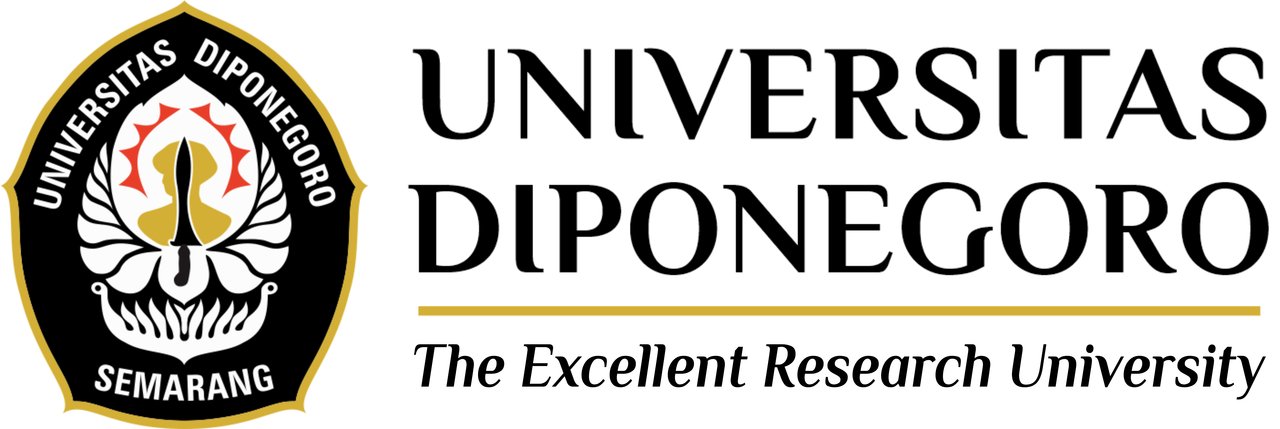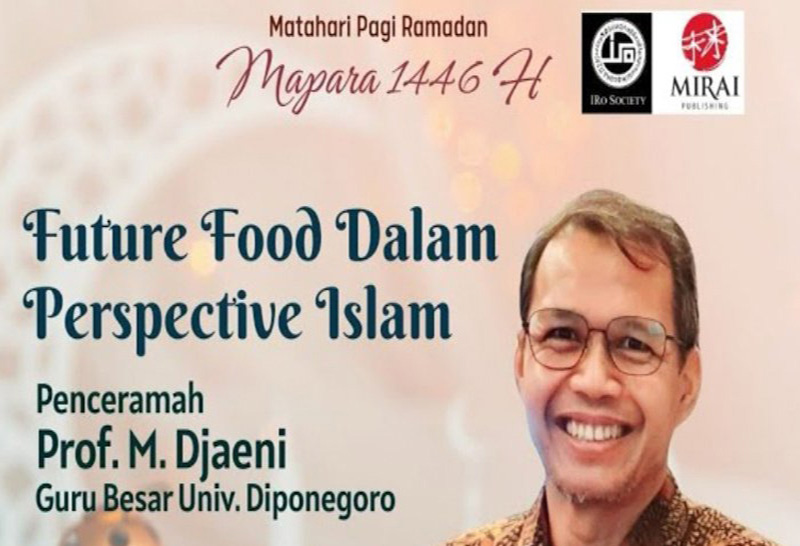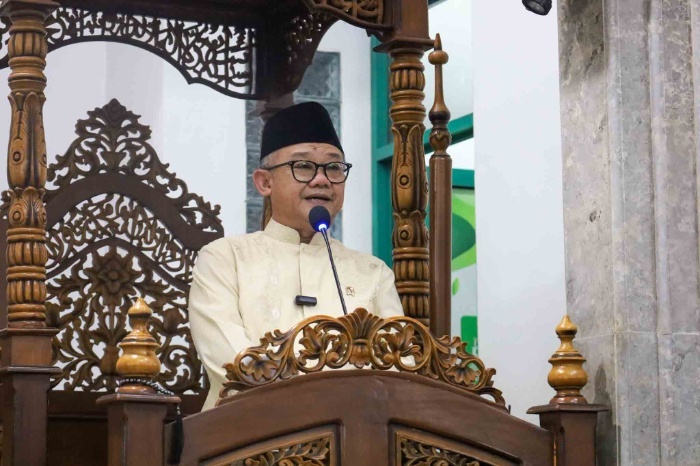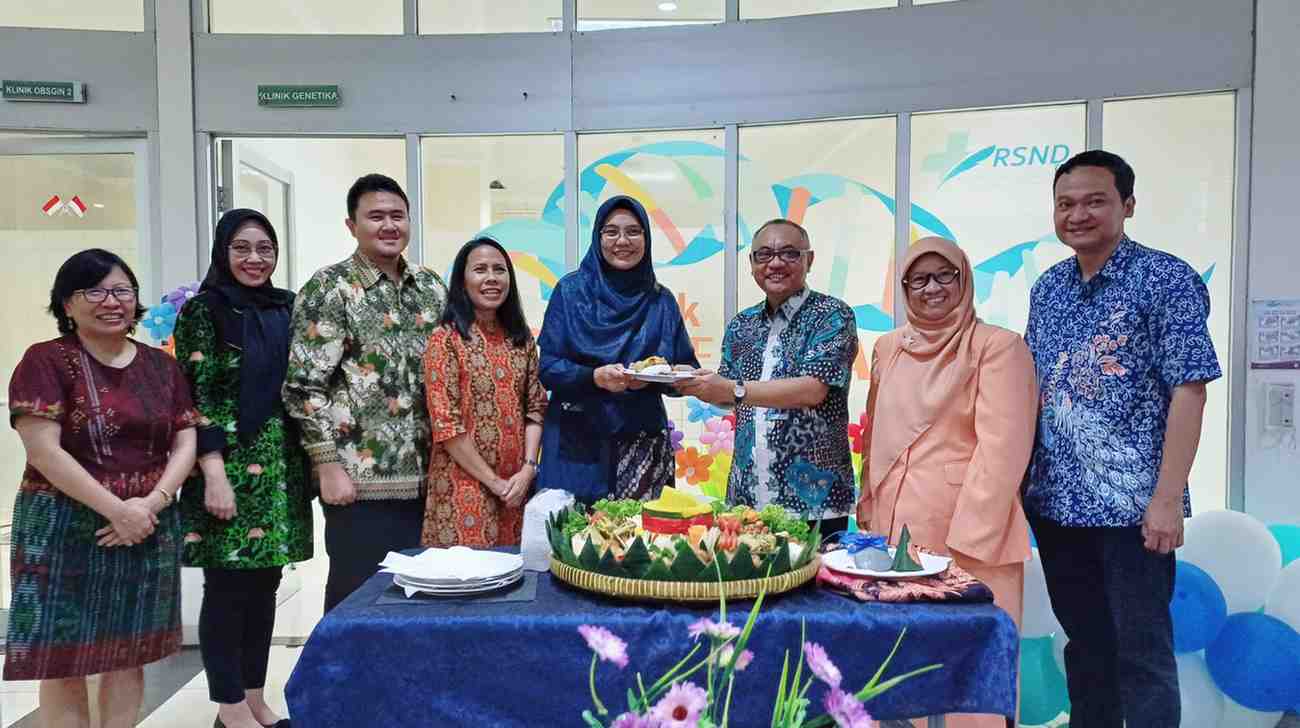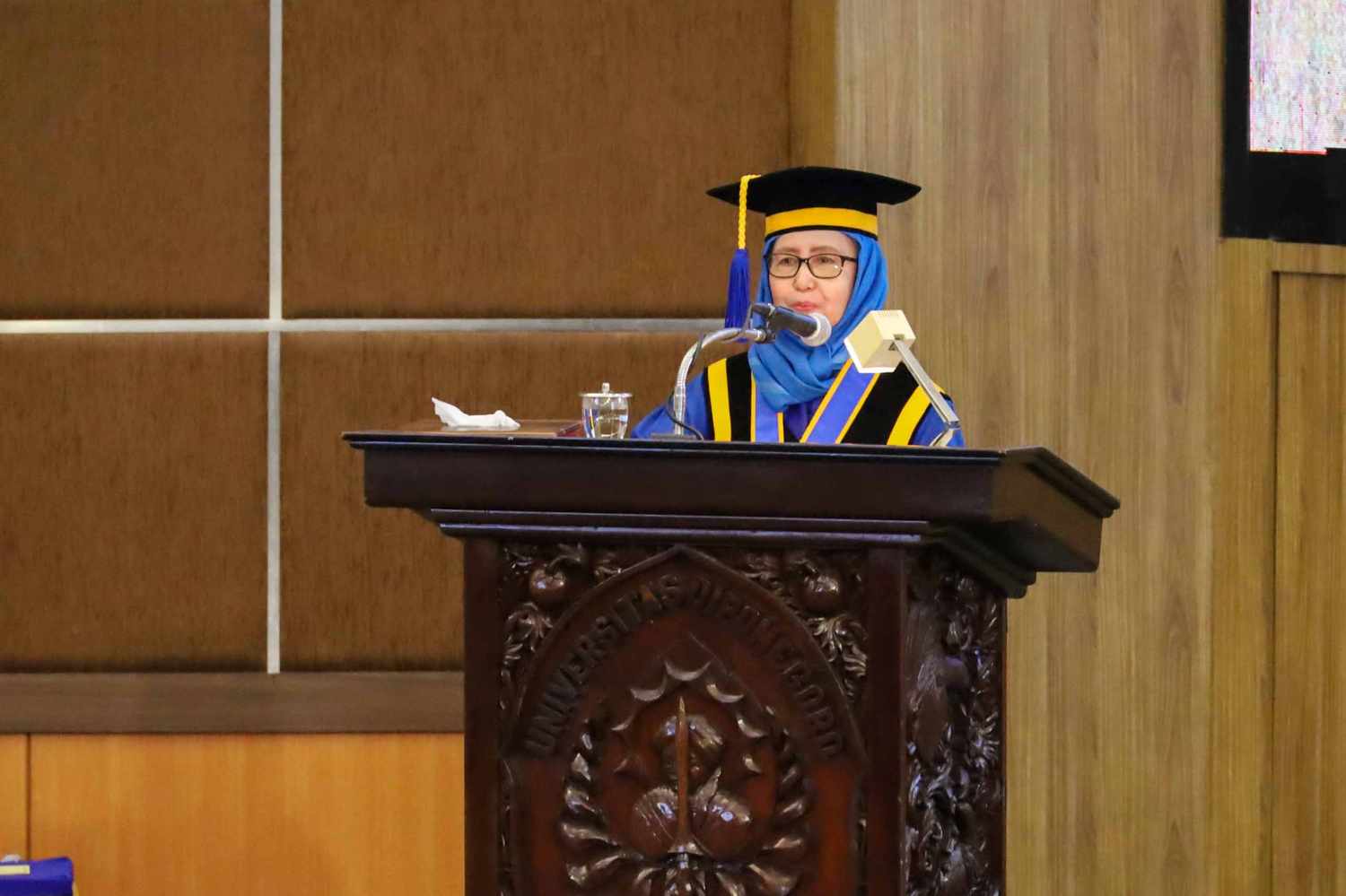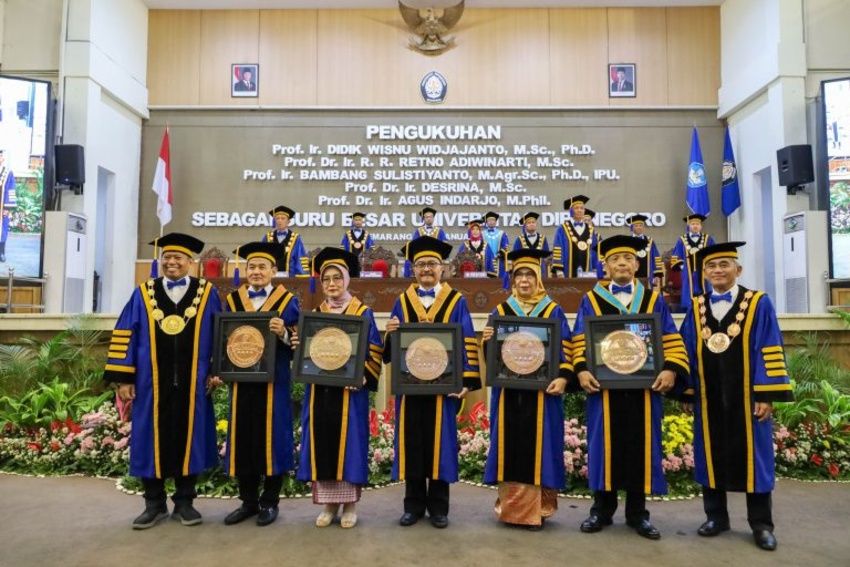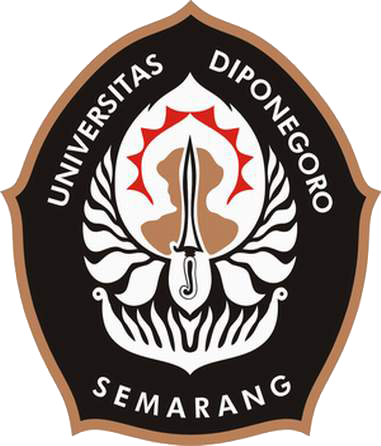UNDIP, Semarang (March 18) – The global food system is currently facing serious challenges. Numerous innovations continue to be developed by researchers in the pursuit of future food solutions. However, these advancements also raise critical questions, particularly regarding their safety and compliance with halal standards.
Islamic views on food have existed since the time of the Prophet and can be further developed in the modern era to help address the complex challenges of the global food crisis.
UNDIP nutrition expert Prof. Dr. Mohammad Djaeni, ST., M.Eng, shared his insights during a webinar attended by dozens of professors from across Indonesia. The event served as a scientific discussion during the holy month of Ramadan, themed around the future of food from an Islamic perspective.
The discussion was considered significant, especially in light of global challenges such as climate change, water crises, and population surges. The world is being pushed to find innovative solutions to meet humanity’s food needs. Islam, as a comprehensive religion, has provided a strong foundation for food consumption—emphasizing not only what is halal (permissible) but also thayyib (wholesome and beneficial for the body).
In his presentation, Prof. Djaeni stated that Islamic perspectives on food are highly applicable in the modern era to help humanity address food-related crises.
According to him, Islam offers a clear foundation that guides humans to consume what is both good and halal-essentially, the best kinds of food for people. He also pointed out that various types of food are explicitly mentioned in the Qur’an and Hadith and are known for their tremendous health benefits. These include ginger (Qur’an, Surah Al-Insan: 17), bananas (Surah Al-Waqi’ah: 29), dates (Surah Maryam: 23–25), olives (Surah At-Tin: 1), honey (Surah An-Nahl: 69), and figs (Surah At-Tin: 1). The Hadith also mentions habatussauda (black cumin) as a remedy for all diseases except death.
He also explained that descriptions of the food and drink enjoyed by the inhabitants of paradise in the Qur’an and Hadith can serve as inspiration for designing future food. It is said that the food in paradise never runs out no matter how much is consumed, does not result in waste, and offers extraordinary benefits.
He added that the residents of Paradise are said to enjoy delicacies such as bird meat, fish liver, fruits, ginger-infused drinks, camphor water, honey, milk, and non-intoxicating wine. In a Hadith narrated by Muslim, the water from the Al-Kautsar Pool is described as enough to quench thirst forever. These concepts are now drawing attention to the development of smart food—foods and drinks designed to deliver optimal nutrition for long periods with minimal consumption.
Smart food development aims to create food that provides sustained energy and hydration-ideally lasting 12 to 24 hours—without inducing hunger or thirst. This process requires in-depth research on how food is digested, absorbed, and utilized by the body efficiently.
Its composition must be based on halal and nutrient-rich ingredients, featuring slow-digesting properties and the ability to store and release fluids within the body gradually. In this context, Islam provides very relevant guidance as it encourages moderation in eating, cleanliness, and the consumption of foods that are beneficial to the body.
We all know that one of today’s biggest societal challenges is food security. Shrinking farmland requires innovations such as fast-harvest, pest-resistant crops that can grow in various conditions. Meanwhile, growing populations demand more efficient food consumption. Hence, we need food and beverages that can be consumed once or twice a day yet still provide sufficient energy and nutrients for an extended period.
By integrating science with Islamic values, the future of food can not only address global challenges but also carry a humanitarian and spiritual mission. Islam does not merely dictate what is permissible or forbidden in consumption-it also inspires the creation of a food system that is sustainable, efficient, and dignified. Future food is not just about technology; it’s about values, sustainability, and the well-being of humanity as a whole. (NH)
